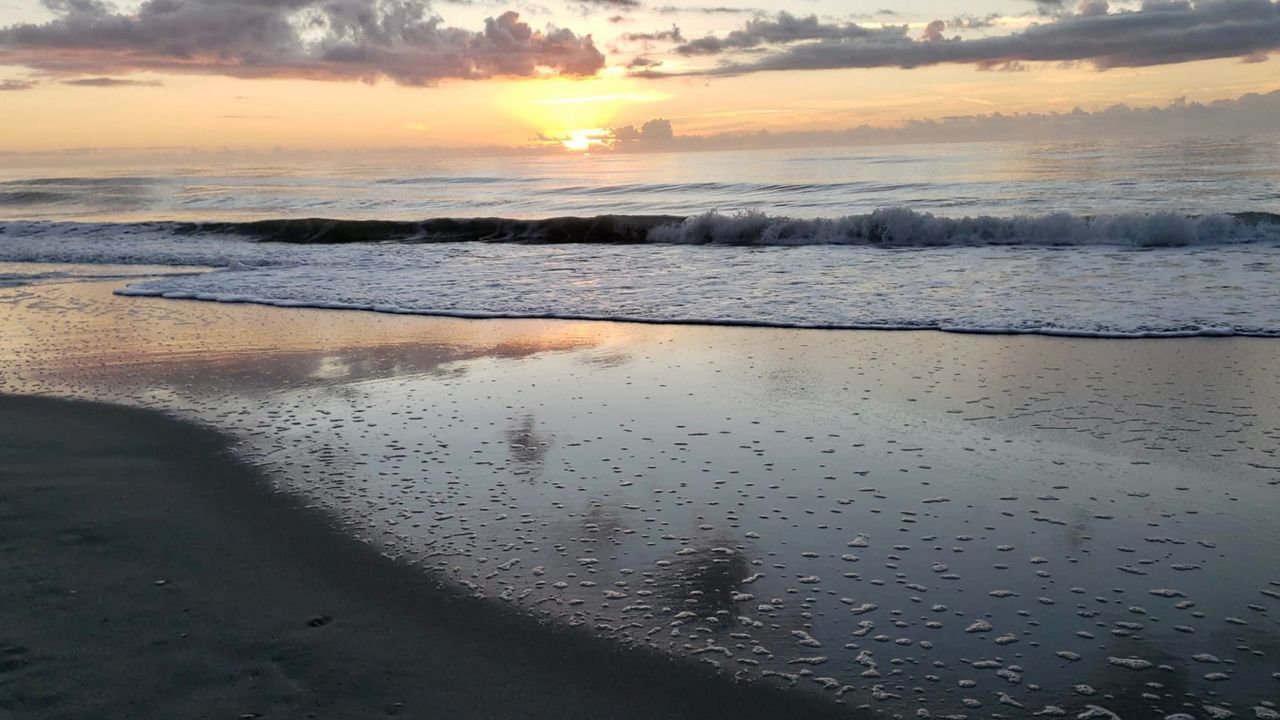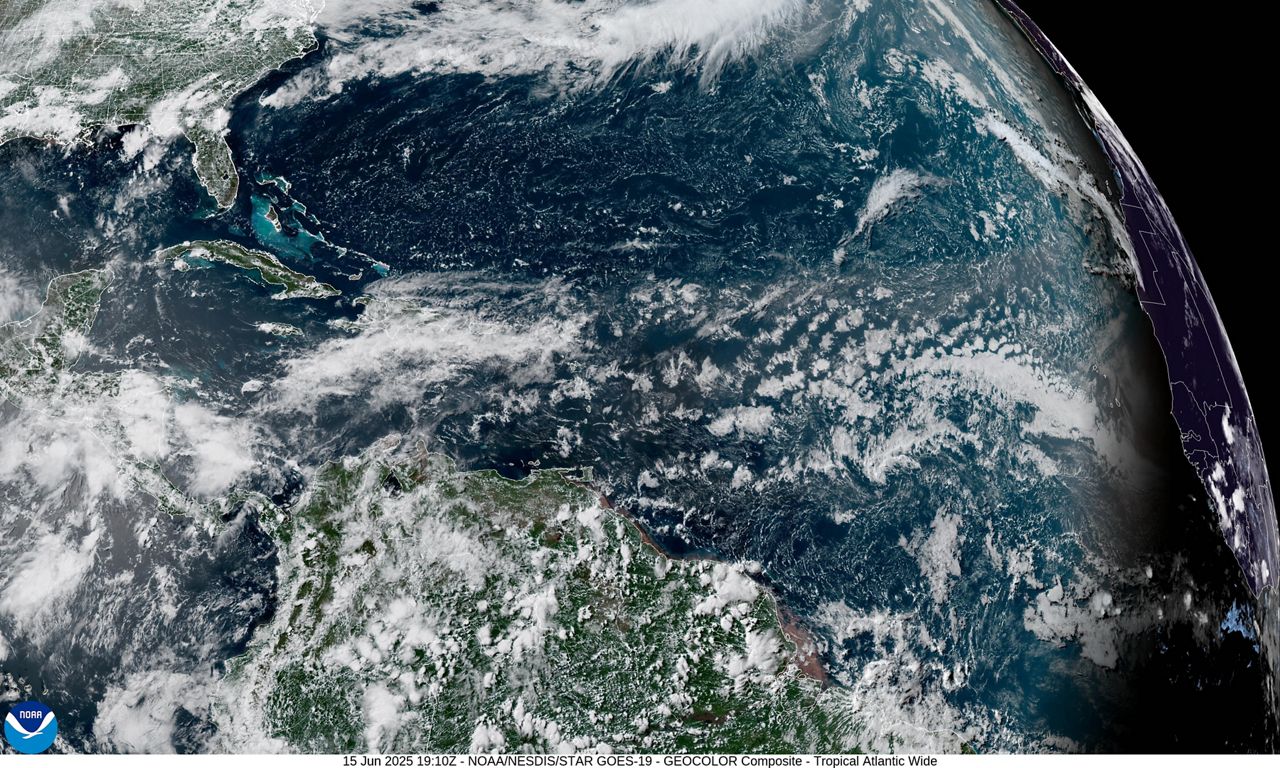Deaths from vibrio, a bacteria that thrives in warm saltwater, spiked this month in North Carolina, according to public health officials.
There have been eight deaths in North Carolina from the bacteria since 2019. Three of those deaths were during the past month, according to the state Department of Health and Human Services.
Vibrio bacteria are found in warm saltwater and in brackish water like marshes. People can get infected by the bacteria when they have an open wound or eat infected shellfish that is not cooked properly.
Of the three deaths in July, two of the people went into the water with open cuts, DHHS said. The third person may have gone into brackish water, public health officials said, but did eat seafood they caught themselves.
"No links have been identified between the cases or the areas where they were likely exposed to vibrio, and public health investigations are ongoing," DHHS said in a news release,
State officials said reports of vibrio cases have been increasing in recent decades as ocean temperatures warm.
"As climate change increases water temperatures, more Vibrio cases can be expected, and they are likely to be identified in previously unaffected areas," DHHS said.
Public health officials shared these tips to avoid vibrio infection:
- If you have a wound (including from a recent surgery, piercing or tattoo), stay out of saltwater or brackish water, if possible. This includes wading at the beach.
- Cover your wound with a waterproof bandage if it could come into contact with saltwater, brackish water or raw or undercooked seafood.
- If you sustain any type of wound while in salt or brackish water (e.g., cutting your hand on a boat propeller or crab pot) immediately get out of the water and wash with soap and water.
- Wash wounds and cuts thoroughly with soap and water after contact with saltwater, brackish water or raw seafood.
- Thoroughly cook all shellfish to an internal temperature of at least 145 degrees Fahrenheit for 15 seconds, according to the U.S. Department of Agriculture.
Most cases of virbio are mild, DHHS said. But some infections can be severe, especially for those with compromised immune systems or liver disease, according to DHHS.
Public health officials said people should watch out for signs of a skin infection if they've been in saltwater with an open wound. Other symptoms of an infection can include fever, chills, diarrhea, stomach pain, vomiting and nausea.








